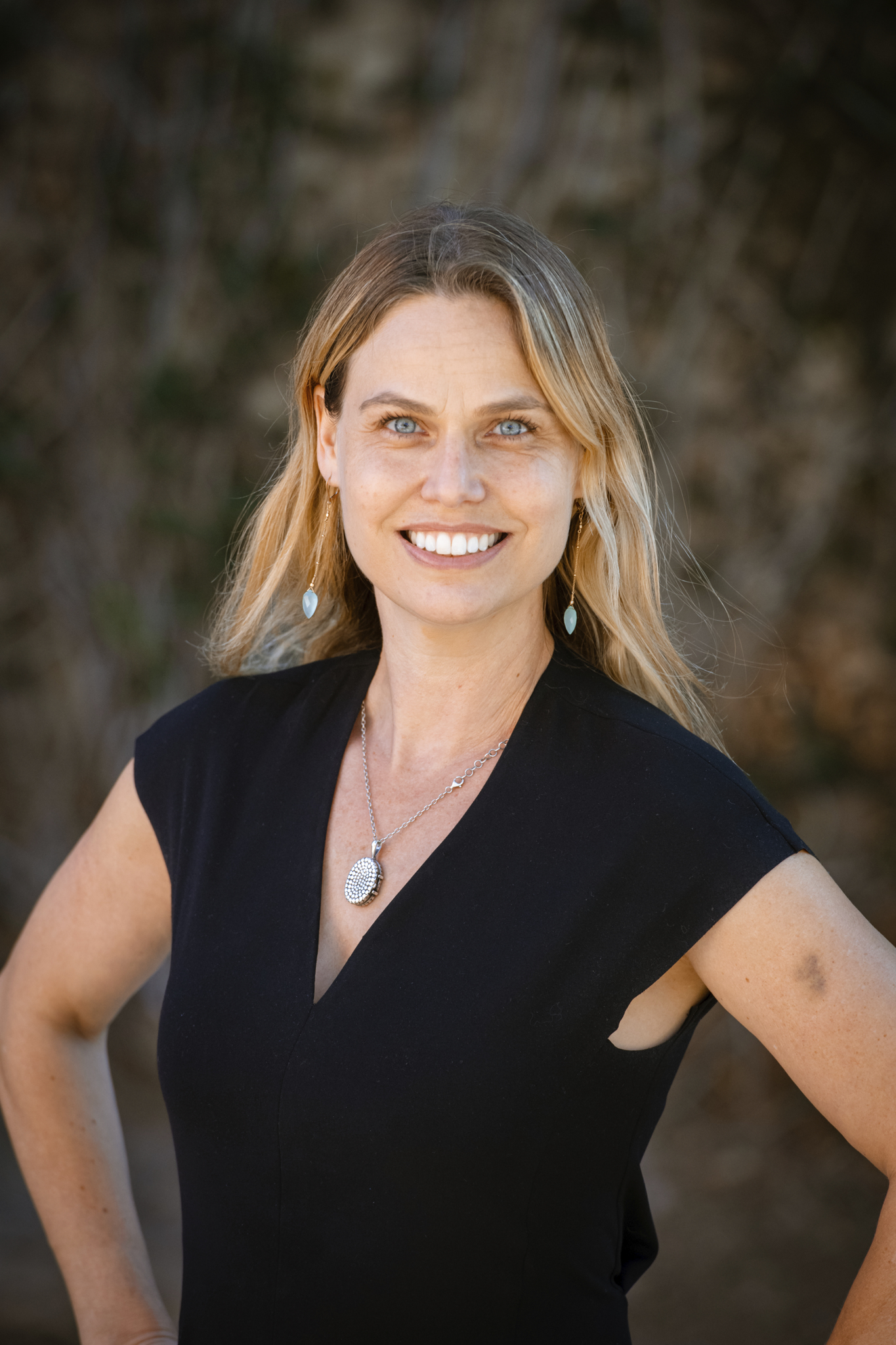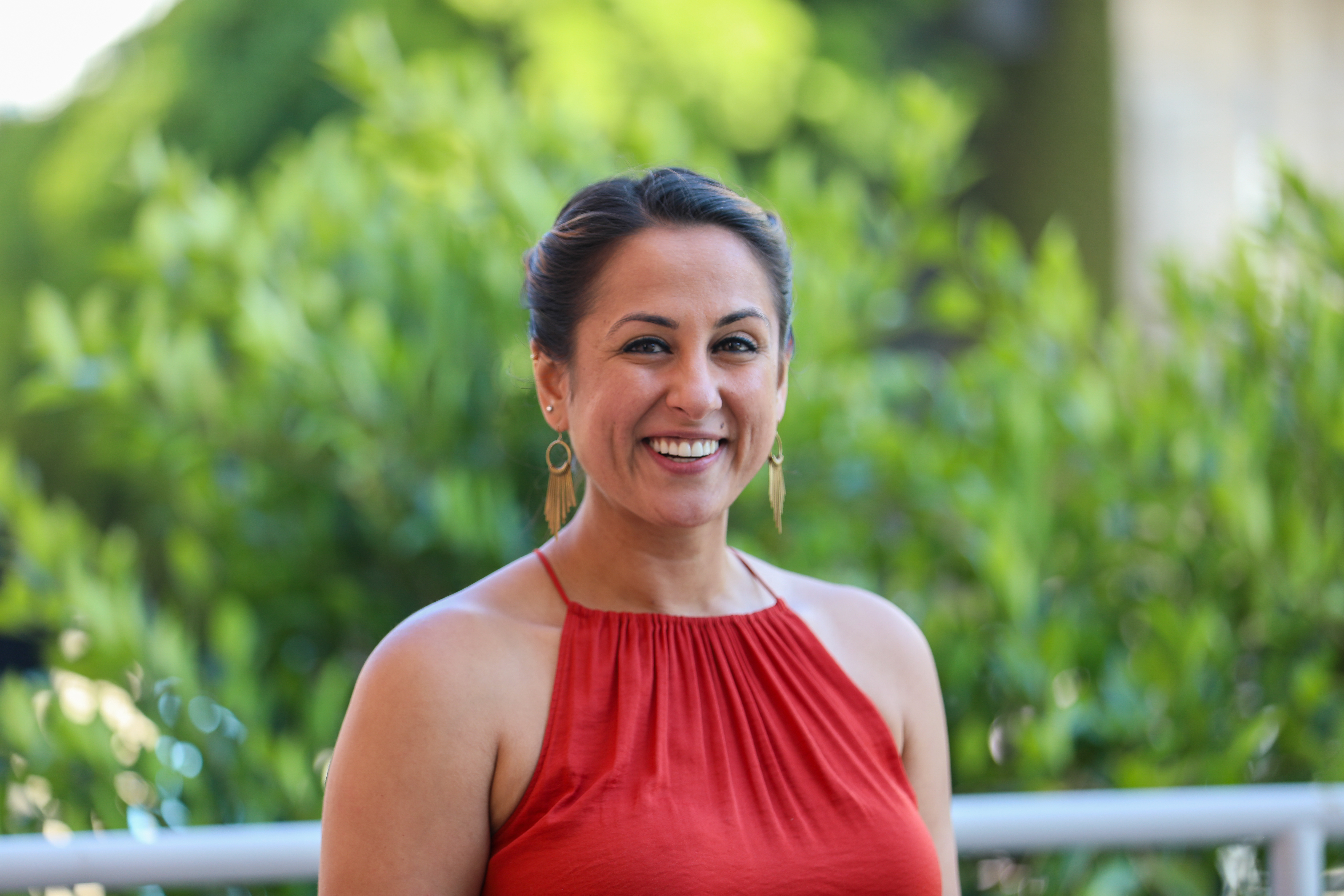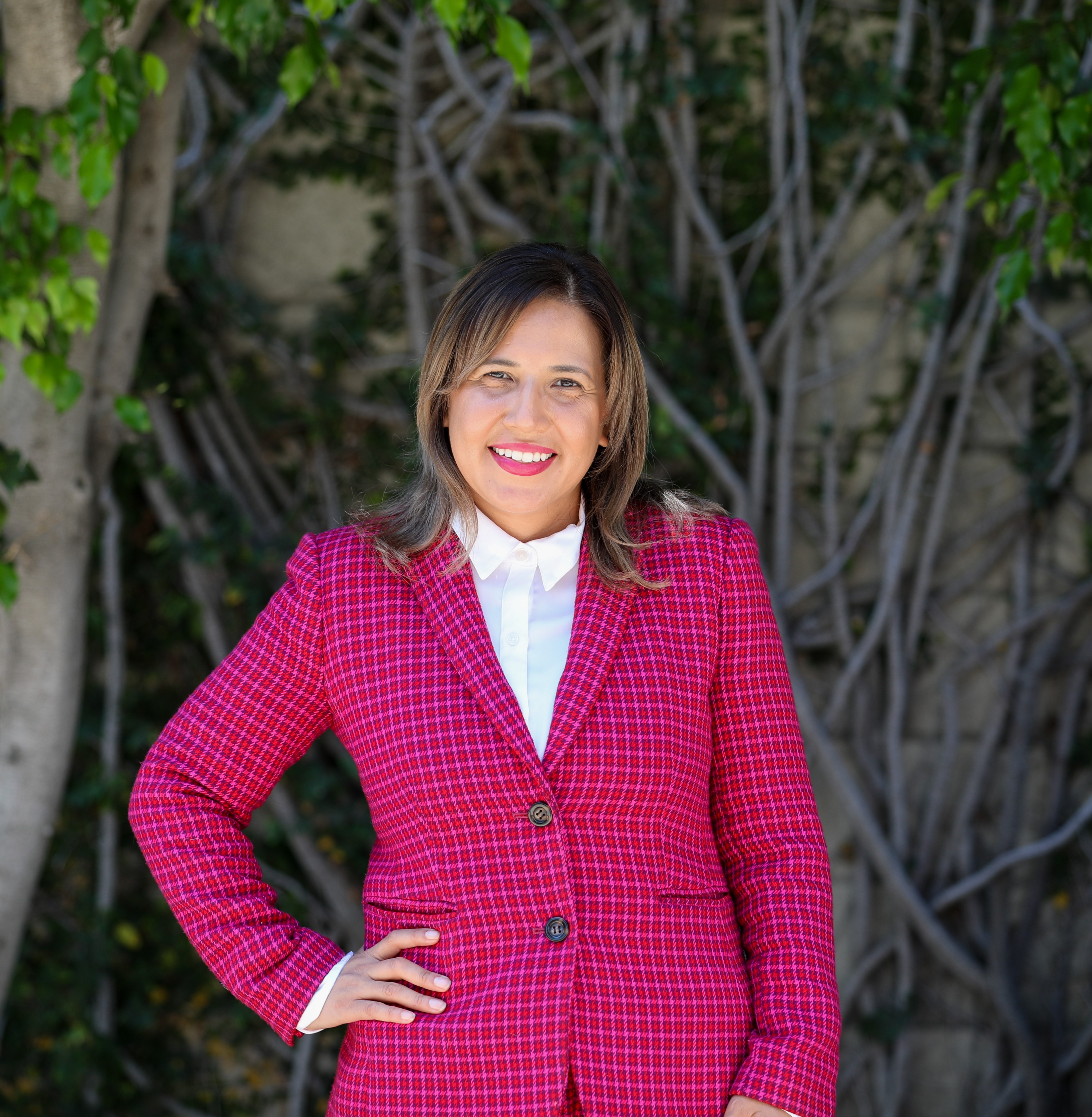OUR TEAM
Who We Are
Each of our team members has culminated at least 10 years of experience working directly with survivors of trafficking through legal representation, advocacy, and support services. Our direct service work has not only shaped our expertise but also fueled our passion for driving policy changes that prevent trafficking and provide meaningful support to survivors. Using a trauma-informed approach, we prioritize dignity, respect, and empowerment in every aspect of our work.
Additionally, our efforts are deeply guided by centering the voices of survivors in both our practice and proposed policies. To achieve this, SJI contracts with lived-experience subject matter experts who serve as consultants, ensuring that our strategies and initiatives are informed by their invaluable insights. This collaborative approach allows SJI to create lasting change that reflects the real needs and perspectives of those most impacted by trafficking.
Our Team

Stephanie Richard, Esq.
Professor Stephanie Richard is a faculty advisor for Sunita Jain Anti-Trafficking Initiative (“SJI”). Additionally, Richard is the Director of the law school's Rights in Systems Enforced (RISE) clinic. RISE trains and engages students in trauma-informed direct representation of survivors of violent crime who seek to assert their rights in state or federal criminal or immigration enforcement systems or who require related legal assistance in the civil justice system. Prior to joining Loyola, Richard served as Policy & Legal Services Director at the Coalition to Abolish Slavery & Trafficking. Her publications include, e.g., State Legislation and Human Trafficking: Helpful or Harmful? in University of Michigan Journal of Law Reform and Expanding Protections for Guest Workers Benefits Businesses in the peer-reviewed Business & Human Rights Journal. Richard regularly provides testimony and guidance to, e.g.: the U.S. Departments of Labor, Justice, and Homeland Security; state legislatures and attorneys general offices; the Judicial Council of California; and the Uniform Law Commission.

Kathleen C. Kim
Professor Kathleen Kim is a nationally recognized expert on immigrants’ rights and human trafficking. Her scholarship examines the Thirteenth Amendment and its relationship to immigration, workplace rights, and civil rights through the intersectional lens of race and gender. Her articles have appeared in the UCLA Law Review, Iowa Law Review, and University of Chicago Law Forum, among others. She is co-author of Human Trafficking Law & Policy, the leading casebook on human trafficking in the country. Professor Kim is also faculty advisor to the Loyola Immigrant Justice Clinic (LIJC) which she helped to co-found with her students. LIJC has become the primary pro bono immigration service provider for indigent noncitizens residing on the Eastside of Los Angeles. Before joining the Loyola faculty in 2007, Kim was awarded a Skadden Fellowship in 2002 to launch the first legal services project in the nation dedicated to representing the civil rights of trafficked workers at the Lawyers’ Committee for Civil Rights. She co-authored Civil Litigation on Behalf of Victims of Human Trafficking, the principal technical assistance guide for attorneys representing trafficked plaintiffs in civil litigation. In 2005, she became the inaugural Immigrants’ Rights Teaching Fellow at Stanford Law School where she taught and supervised law students in cases involving deportation defense and humanitarian immigration relief. A co-author of California’s anti-trafficking law, Kim served as a gubernatorial appointee to the first California Department of Justice Alliance to Combat Trafficking and Slavery. From 2013-2016, Professor Kim was a Los Angeles Police Commissioner where she helped to reform departmental policies and practices to expand protections for immigrants and also worked on policies to restrict officer use of force. In 2014, Los Angeles Magazine named her one of Los Angeles' ten most inspiring women. In 2016, The National Jurist selected her as one of twenty law professor "Leaders in Diversity." Read full bio here.

Aradhana Tiwari, Esq.
Through this undertaking, Aradhana helped to refine the screening process and increase identification of survivors at local public defender offices, the San Francisco Immigration Court, within faith-based groups and worker centers, at other non-legal and legal aid organizations as well as at detention and prison facilities in Northern California. These anti-trafficking efforts have been complemented and supported by abolitionist and immigrant rights’ groups throughout California.
Informed by survivor leaders and her own work in direct services, Aradhana will work at the regional and California state level to advance policies which prevent trafficking, advocate for systemic change that de-criminalizes and supports survivors, and promote legal action which holds institutions accountable when they profit from the exploitation and abuse of marginalized communities.

Paloma Bustos, MSW
Most recently, Paloma co-launched Loyola’s RISE Clinic, a pioneering program that operated from 2021 to 2024, dedicated to providing legal representation for survivors of violent crimes as they navigated the investigation and prosecution of the person (s) who caused the harm. In this role, she supported survivors in managing the stress and trauma associated with their experiences while advancing the clinic’s mission of empowering survivors through legal advocacy. She also co-taught the RISE seminar to help equip law students with the knowledge and skills to address the impact of trauma on survivors.
Before joining RISE, Paloma served as Program Director for CDLF Counseling, where she oversaw the organization’s partnership with the Los Angeles Police Department (LAPD) through the Domestic Abuse Response Team (DART). This multidisciplinary crisis response program paired police officers with community-based advocates to provide immediate intervention and follow-up services for domestic violence survivors and their families. Her leadership included managing DART teams across five LAPD divisions and the Central Family Justice Center. In addition, Paloma conducted training for law enforcement on recognizing signs of abuse and implementing trauma-informed care practices to ensure appropriate and compassionate responses to survivors. Through this work, she received the Dr. Marjorie Braude Award from the City of Los Angeles Domestic Violence Alliance, an honor recognizing individuals leading collaborative efforts to create systemic change within the City of Los Angeles.
Paloma’s extensive experience working directly with survivors and witnessing the barriers they face in accessing support and justice has inspired her to pursue a role in policy. She is committed to advancing policies that prevent trafficking and ensure that systems provide meaningful, survivor-centered support.
In Memoriam

Sunita Jain
John Jain, M.D., described his late sister Sunita as “a young woman who was well ahead of her time in her awareness of social justice.” During her life, she joined the ACLU, was an activist, graduated with a degree in women’s studies, and marched for people’s rights. Jain is certain she would have become an attorney working for human rights, specifically women and children. When he thought about the best way to honor her, he chose anti-trafficking, something he feels his sister would believe is an important and urgent issue today.
For Jain, the Sunita Jain Anti-Trafficking Policy Initiative is a tribute to his sister and the legacy of the person she would have been. He’s also quick to point out his gift is about the critical work being done to support victims and survivors who often have no voice, no way to contact their family, and typically find themselves desolate and isolated.
“This is a call for others to learn about trafficking, to educate people about its presence. Nine out of 10 people don’t realize this is happening under their nose,” he said. “And importantly, it’s a call for people to give time, money, and resources to help."